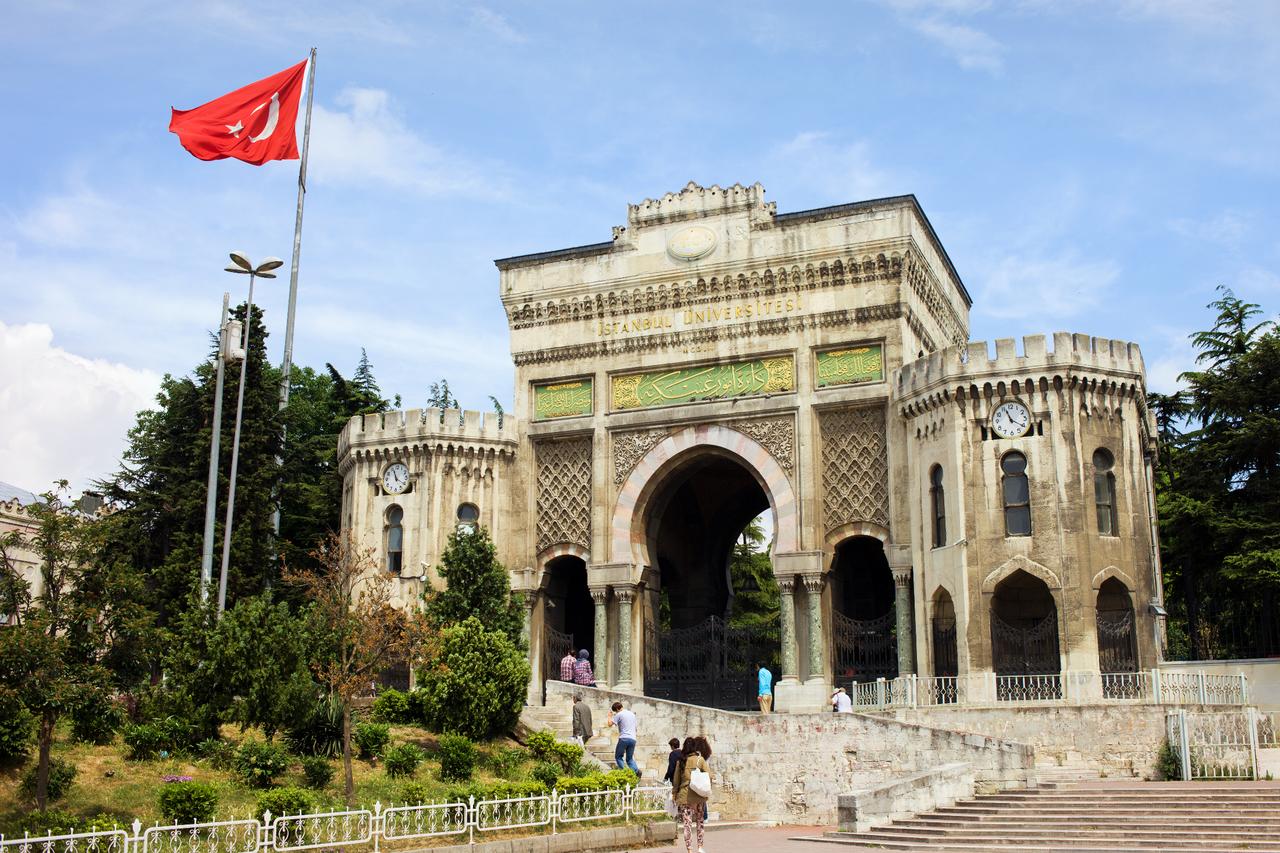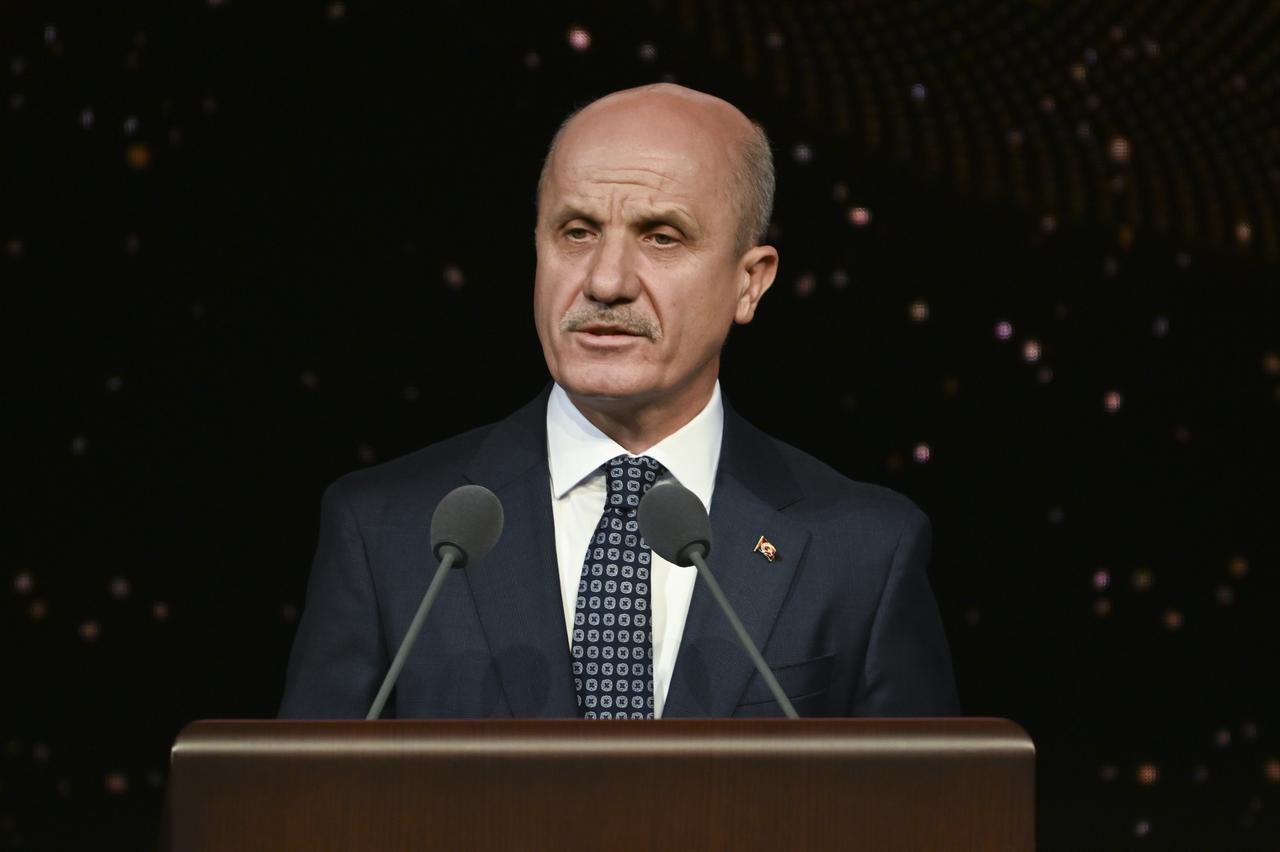
The Council of Higher Education (YOK) has announced that a reform of Türkiye’s higher education system is underway, enabling eligible and high-achieving students to complete undergraduate programs in three years instead of the traditional four.
The reform seeks to make Turkish universities more efficient, internationally compatible and responsive to the needs of students and employers. It includes simplifying curricula, restructuring the credit system and expanding opportunities for students to take upper-level courses during summer sessions.
YOK head Professor Erol Ozvar stated that the reform will reduce the number of compulsory courses and streamline course content to give students more time for independent research and project work.
“We are transitioning from an education model based solely on theoretical knowledge to one that brings students together with professional experience and scientific research at an earlier stage,” he said.
“Our goal is to prepare graduates who are both academically competent and professionally ready,” Ozvar added.
The initiative encourages universities to place greater emphasis on applied learning, innovation and partnerships with industry, ensuring that graduates gain practical experience alongside their academic studies.

The new three-year model brings Türkiye closer to the higher education frameworks used in many European countries, where shorter undergraduate programs are common. According to YOK, this change will enhance the international recognition of Turkish degrees and promote student mobility between Türkiye and other nations.
“With these changes, students will have the opportunity—depending on their performance and choice—to complete their studies in three years, just as in many EU member states,” Ozvar noted.
While the YOK reform focuses specifically on higher education, separate discussions are also taking place within the Ministry of National Education (MEB) regarding possible changes to the 4+4+4 compulsory education system.
Education Minister Yusuf Tekin has previously stated that the ministry is evaluating ways to allow students to complete their schooling at an earlier age, helping them enter social and professional life sooner.